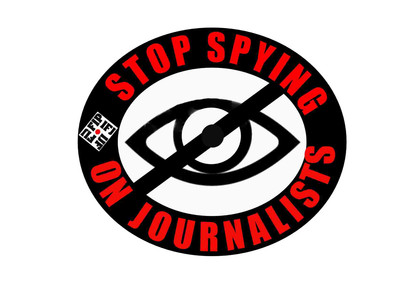Somali journalists and media organisations, including the IFJ-affiliate NUSOJ, are sounding the alarm on the dire consequences of the government-appointed Media Council’s members, that will tighten the state control over the media, revoking media licences and fining journalists who are critical of the government.
Clause 14 of Somalia’s amended media law, passed in 2020, states that the National Media Council should be independent from political and government interference.
“The journalists community was shocked to find a former senator among the nine names presented to the Council of Ministers, blatantly compromising the Council's independence and credibility and exposing it to political influence,” reads NUSOJ’s statement following the announcement that sparked outrage among journalists’ and media organisations in the country.
The media law mandates that the formation of the Media Council should involve consultations among the Minister of Information, media organisations, NUSOJ and civil society, among others. These did not occur.
Media owners, managers, and journalists of independent media outlets came together on 17 March in Mogadishu to condemn the unlawful establishment of the National Media Council and called on the Somali president, Hassan Sheikh Mahmud, to ensure that the right procedures are followed before signing it into a presidential decree.
NUSOJ Secretary General Omar Faruk Osman said: "Having previously raised alarms about the repressive provisions within this amended media law, we are utterly astounded to witness the selection of its nine members through such an unlawful process. While we acknowledge the presence of some colleagues within these nine who possess genuine credibility and integrity in the media, it is beyond belief that nominations were made in complete violation of the law."
IFJ General Secretary, Anthony Bellanger stated: “Press freedom and pluralism are in danger in Somalia if the composition of the National Media Council is approved as it will expand the state control over the media. We back the demands of our affiliate NUSOJ and media organisations in the country to ensure that the amended 2020 media law is respected and press freedom is upheld.


